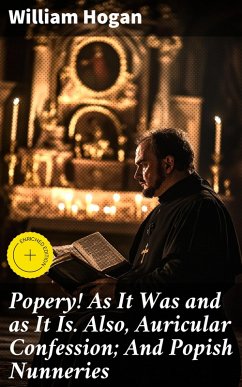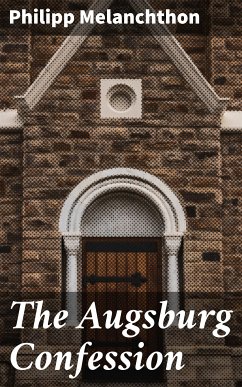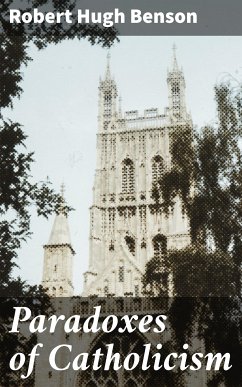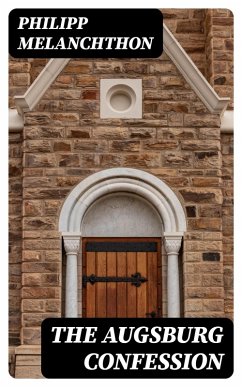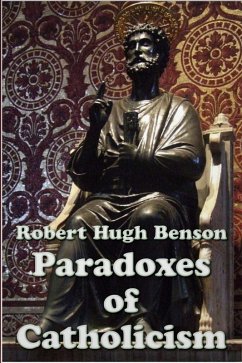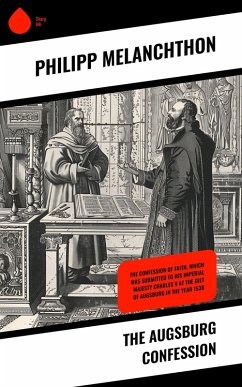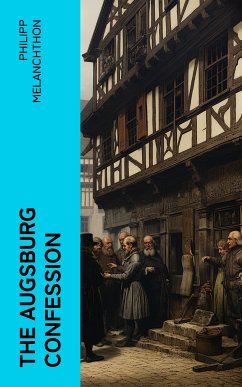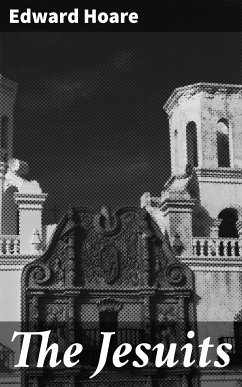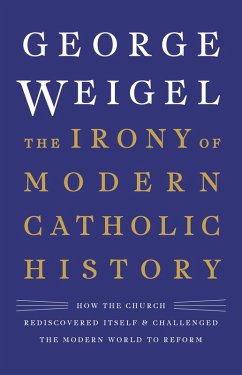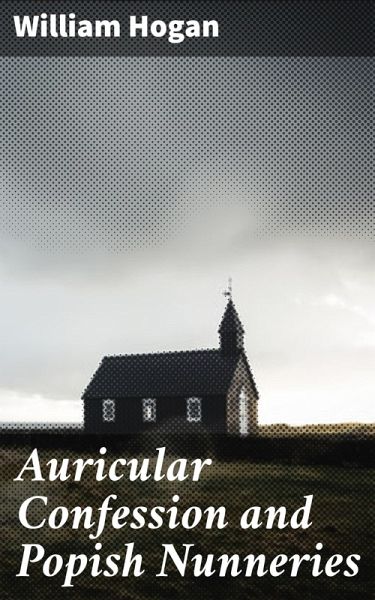
Auricular Confession and Popish Nunneries (eBook, ePUB)
Volumes I. and II., Complete
Versandkostenfrei!
Sofort per Download lieferbar
0,49 €
inkl. MwSt.
Weitere Ausgaben:

PAYBACK Punkte
0 °P sammeln!
In "Auricular Confession and Popish Nunneries," William Hogan presents a critical examination of the Catholic practices of confession and the existence of nunneries during the 19th century. The book is marked by Hogan's polemical style, characterized by a blend of vivid narrative, religious critique, and Enlightenment rationalism. His exploration of these controversial practices reveals deep-seated tensions between Protestant and Catholic ideologies, positioning the work within the broader context of religious reform and the burgeoning secularism of the period. Hogan employs a mix of personal ...
In "Auricular Confession and Popish Nunneries," William Hogan presents a critical examination of the Catholic practices of confession and the existence of nunneries during the 19th century. The book is marked by Hogan's polemical style, characterized by a blend of vivid narrative, religious critique, and Enlightenment rationalism. His exploration of these controversial practices reveals deep-seated tensions between Protestant and Catholic ideologies, positioning the work within the broader context of religious reform and the burgeoning secularism of the period. Hogan employs a mix of personal testimony and historical analysis to challenge the orthodoxies of his time, effectively engaging the reader in a discourse that questions the morality and implications of auricular confession and cloistered lives of nuns. William Hogan, an influential yet often overlooked figure in the religious debates of the 19th century, drew from his own experiences and observations as a Protestant reformer. His fervent opposition to Catholicism stemmed from a desire to illuminate the perceived dangers and excesses associated with these practices, reflecting the anxieties present in a society grappling with religious pluralism and the authority of the Church. Through his scholarly pursuits, Hogan sought to empower his audience with knowledge that could lead to personal spiritual autonomy. This thought-provoking book is highly recommended for those interested in religious studies, history, and the sociopolitical context of religious practices. Hogan's passionate arguments and thorough investigations provide valuable insights into the conflicts between Catholicism and Protestant reform, making it essential reading for scholars and laypersons alike who wish to understand the complexities of faith in a rapidly changing world.
Dieser Download kann aus rechtlichen Gründen nur mit Rechnungsadresse in A, B, BG, CY, CZ, D, DK, EW, E, FIN, F, GR, H, IRL, I, LT, L, LR, M, NL, PL, P, R, S, SLO, SK ausgeliefert werden.





